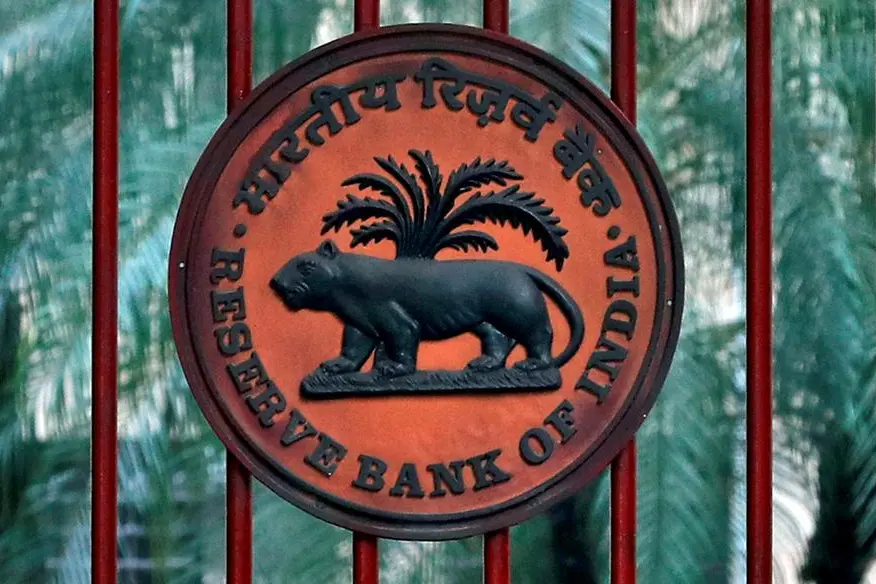PHOTO
The Indian government has asked the central bank to exempt sovereign funds from a recent set of tightened rules concerning investments in alternate investment funds (AIFs), according to two government sources and a fund official.
In December, the Reserve Bank of India (RBI) asked banks and non-banking financial companies to raise provisions for AIF investments - under which sovereign funds also fall - if they were also lenders to the projects in which the AIFs were investing.
The rules, tightened to prevent evergreening of loans, were partially eased later in March.
The government has written to the RBI seeking special dispensation for sovereign-backed funds - including a fund called Special Window for Affordable and Mid-Income Housing (SWAMIH) set up to rescue stressed real estate projects, citing its "socio-economic purpose", the two government sources said.
A fund official confirmed the government's communication with the central bank but did not provide more details. They requested anonymity as they are not authorised to talk to the media.
The RBI and the finance ministry did not immediately respond to Reuters' emails seeking comments.
SWAMIH, set up in 2019 to provide debt financing for stalled housing projects, is managed by SBICAP Ventures, a wholly-owned subsidiary of the government-owned State Bank of India.
SBI is also a large investor in the fund.
The bank made provisions of 1.2 billion rupees ($14.37 million) against its AIF investments in the year ended March 31, 2024.
SBICAP Ventures did not immediately respond to Reuters' emails.
These regulations could make banks wary of investing in SWAMIH as the banks would have exposure to projects the fund is trying to rescue, the first government source said.
The RBI regulations "could lead to higher provisioning by banks," they added.
In discussions with the government, the RBI has conveyed that exempting SWAMIH from the AIF regulations would require similar dispensation for foreign sovereign funds, the first government source said.
Based on the government's suggestion, the central bank may consider exempting sovereign funds on a "case-by-case basis", they said.
($1 = 83.4975 Indian rupees) (Reporting by Nikunj Ohri and Bhakti Tambe; Editing by Janane Venkatraman )





















